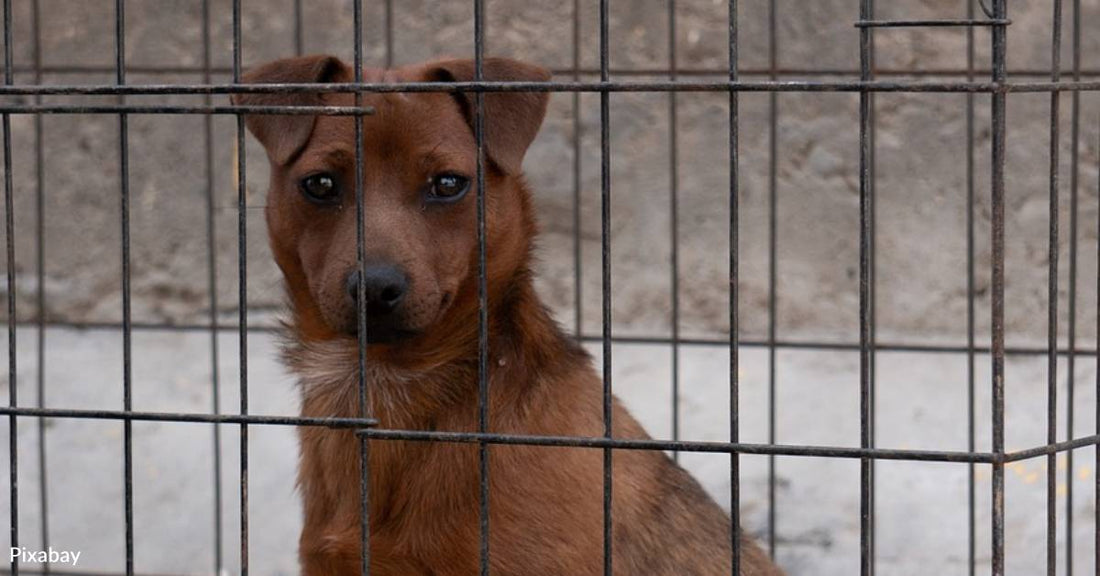New York Law Banning Pet Shops From Selling Dogs, Cats, and Rabbits Takes Effect
Michelle Milliken
A New York law that aims to cut back on puppy mill abuse has officially taken effect.
As of December 15, pet stores across the state are banned from selling dogs, cats, and rabbits. They are, however, allowed to partner with local rescues to showcase their adoptable animals. The ban stems from the Puppy Mill Pipeline Act, passed by the state legislature in 2022.

Supporters of the law point to the poor treatment that often happens at puppy mills and other commercialized breeding operations. Animals may be confined to small spaces, lack any sort of socialization, never have access to fresh air or play, or have health issues that are never addressed by a veterinarian.
This is bad for their wellbeing, as well as for families who unknowingly purchase a new pet that may be very sick.

New York State Attorney General Letitia James says, “Bringing a new pet into a family should be a time of excitement and joy, but often animals from ‘puppy mills’ suffer from serious medical issues and leave families heartbroken over their sick pet and with a heavy bill to pay. This pet sale ban will help put an end to the dangerous puppy mill to pet store pipeline that endangers pets and costs New Yorkers thousands of dollars in veterinary care. New Yorkers interested in adding a furry friend to their family can still adopt a pet at a humane society, animal rescue, or a licensed breeder.”
Any stores found to be breaking the new law could be fined up to $1,000 per violation.
The law was supported by several animal welfare organizations and rescues across the state. Opponents, however, say that it could lead to shop closures and more black-market breeding sales.
The law does not impact home breeders who sell animals they’ve bred directly to families. This still gives residents the opportunity to get a cat or dog from a breeder, but supporters say this should be a healthier way of doing so.

State Senator Michael Gianaris, who co-sponsored the legislation, says, "If a consumer went to a mill and saw the awful conditions, they wouldn't buy these animals. Dealing with a breeder allows people to see where their dog comes from, and it cuts off the middlemen that serve as a way to wash off the awful activities that take place at the mill."

